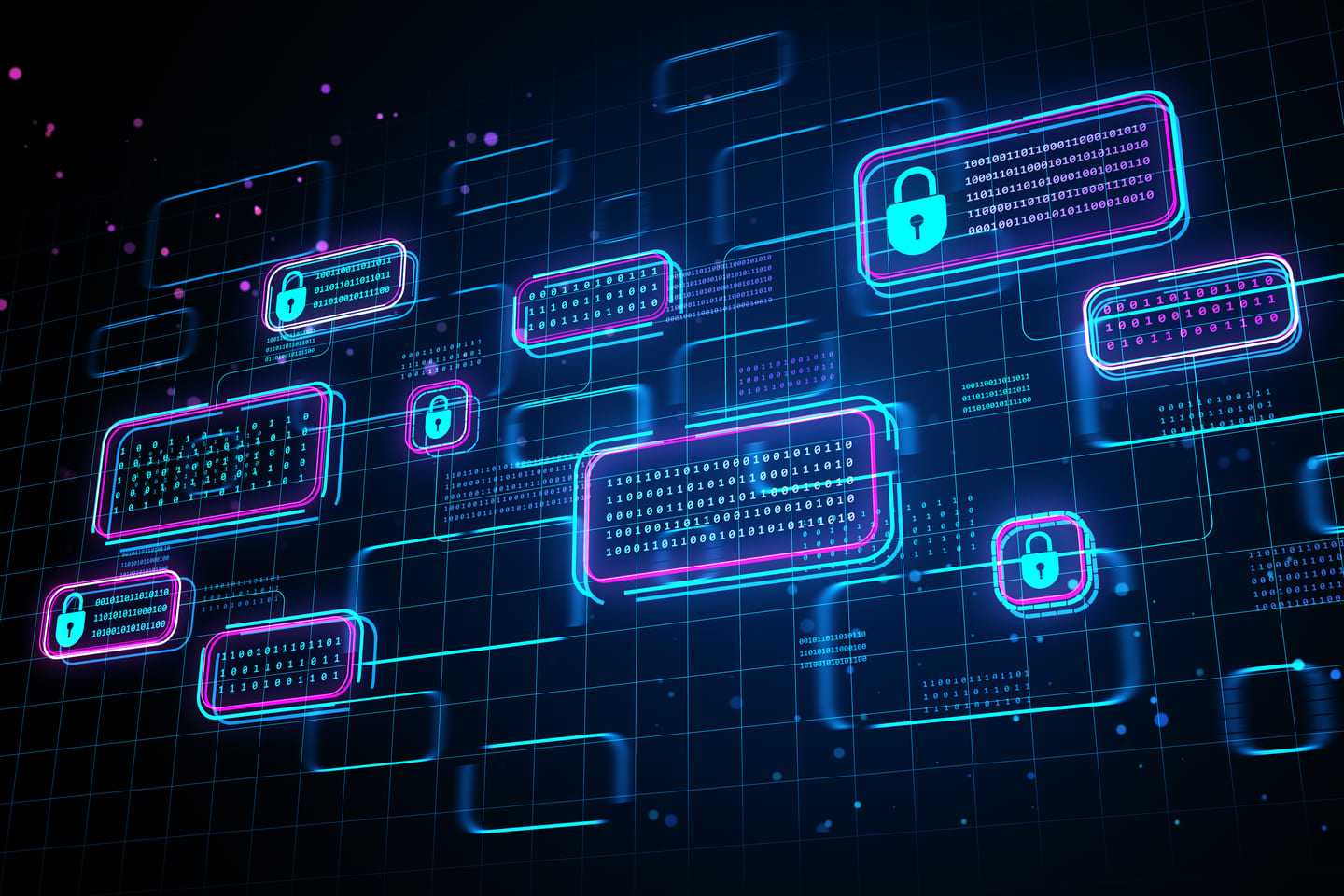Table of Content
- What Are AI Agents?
- Real-World Applications
- Case Study: AI vs. Advanced Persistent Threats
- Benefits and Challenges
- Future Outlook
- Conclusion
AI agents in cybersecurity are revolutionizing how organizations defend against digital threats in 2025. As cyberattacks become more sophisticated, businesses are turning to AI-powered solutions for real-time threat detection, autonomous patching, and intelligent behavioral analysis. This blog explores how AI agents are transforming cybersecurity and what your business can do to stay ahead.
What Are AI Agents?
AI agents in cybersecurity are autonomous software systems powered by advanced machine learning models. Unlike traditional rule-based tools, these agents can learn from data, adapt to new threats, and make decisions without human intervention. Examples include OpenAI’s ChatGPT Agents and Google’s Big Sleep, which demonstrate how AI agents can analyze vast datasets and simulate human reasoning.
Real-World Applications
AI agents in cybersecurity are already being deployed across industries. Key applications include:
- Real-time threat detection and response
- Autonomous patching of vulnerabilities
- Behavioral analysis to detect insider threats
- Incident triage to reduce alert fatigue
These capabilities allow organizations to respond to threats faster and more accurately than ever before.
Case Study: AI vs. Advanced Persistent Threats
A Fortune 500 company recently used AI agents in cybersecurity to combat an advanced persistent threat targeting its financial systems. The agents detected unusual lateral movement, isolated affected nodes, and neutralized the threat within 90 seconds—demonstrating the speed and precision of AI-powered defense.
Benefits and Challenges
Benefits of AI agents in cybersecurity include:
- 24/7 monitoring and response
- Scalability across large infrastructures
- Reduced human error and faster resolution times
Challenges include:
- Risk of false positives or over-blocking
- Ethical concerns around autonomous decision-making
- Need for human oversight and governance
Future Outlook
The future of AI agents in cybersecurity involves deeper integration into zero-trust architectures, cloud-native platforms, and IoT ecosystems. Businesses must prepare by investing in AI-driven security tools and training teams to collaborate with intelligent systems.
Conclusion
As AI agents become more capable, we’ll see them integrated into zero-trust architectures, cloud-native security platforms, and IoT ecosystems. The future of cybersecurity will be a hybrid model—humans and AI working together, each amplifying the other’s strengths.
At 3WebBox, we help businesses integrate cutting-edge AI solutions into their cybersecurity strategies. Whether you’re exploring AI-driven threat detection or building custom agents for your infrastructure, our team can guide you from concept to deployment.
Ready to explore AI-powered cybersecurity?
Let’s talk: Contact Us

Leave a Reply
You must be logged in to post a comment.